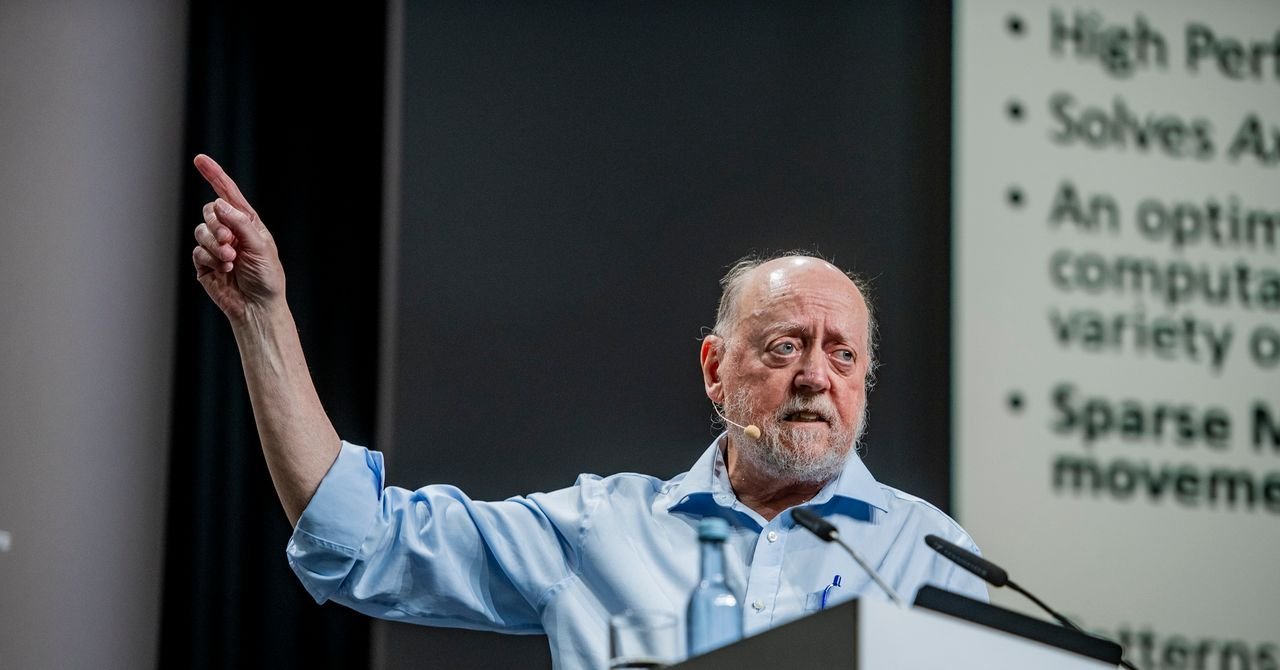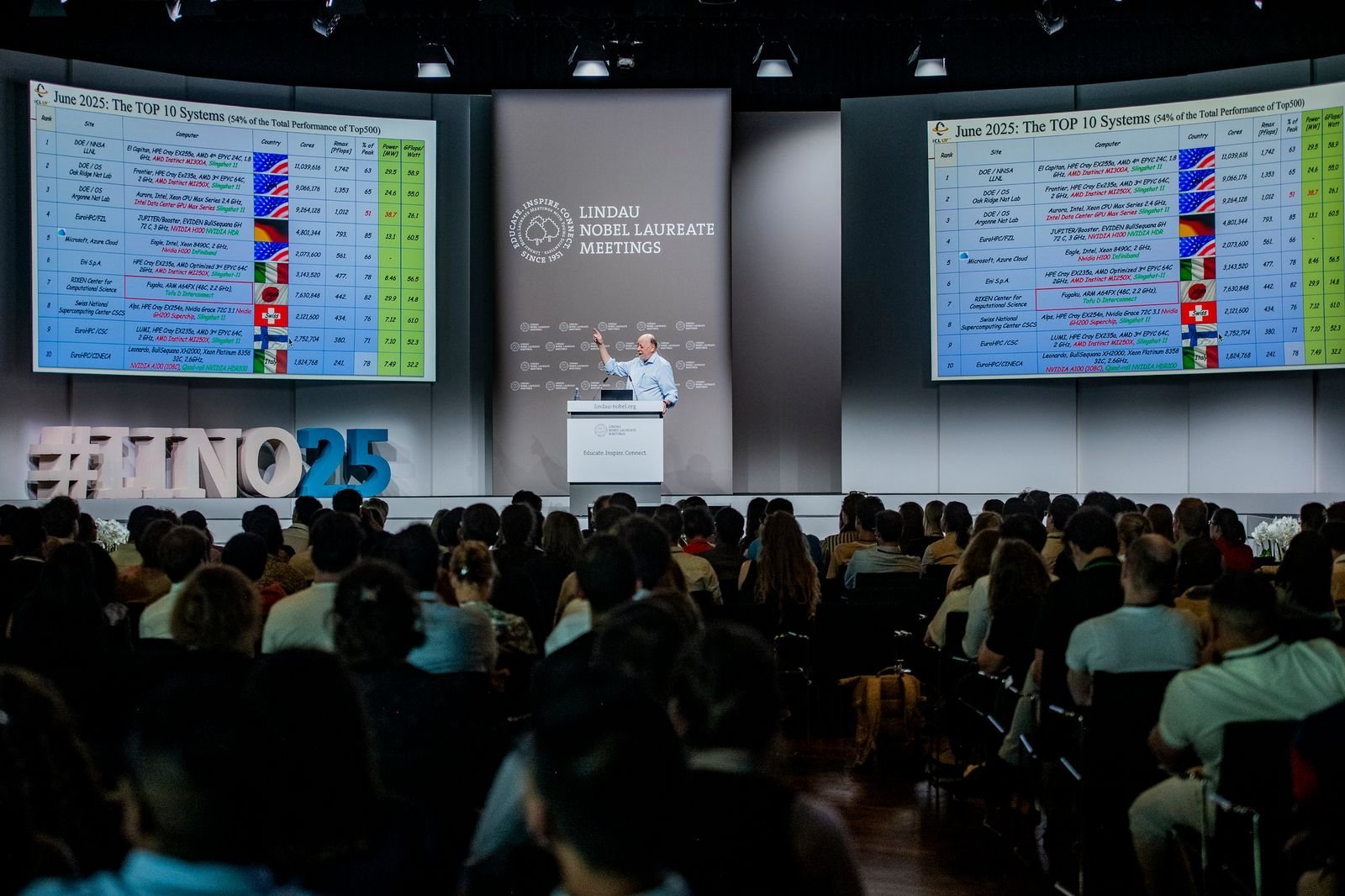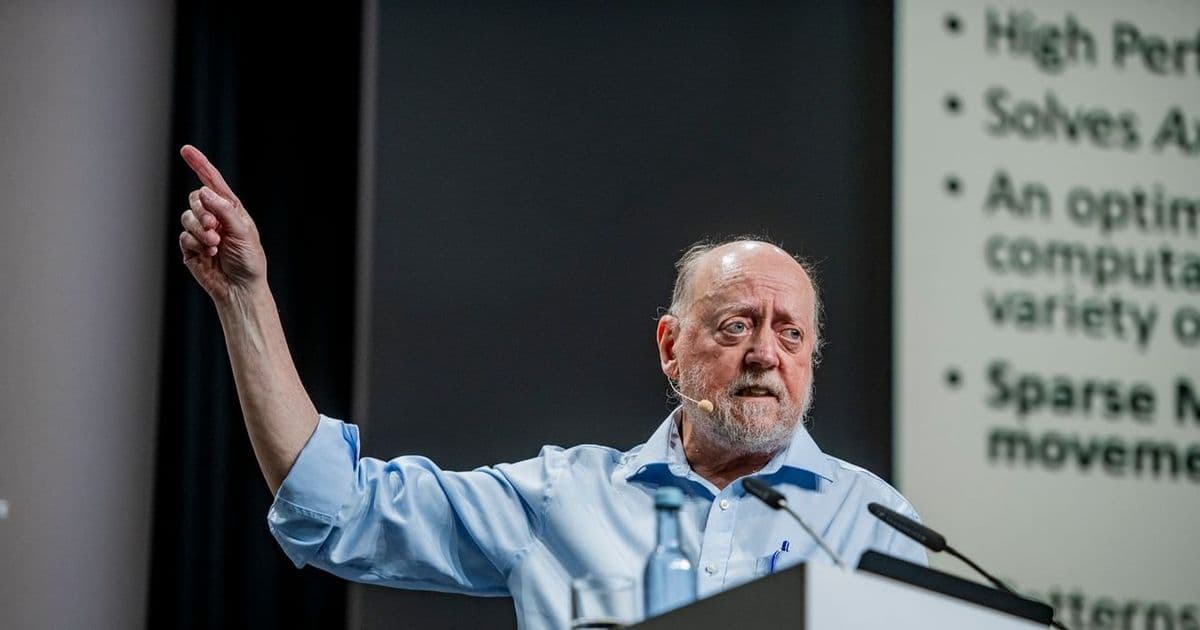Turing Award winner Jack Dongarra reveals how AI is revolutionizing supercomputing and scientific discovery while cautioning against quantum hype. In an exclusive WIRED interview, the HPC legend maps computing's geopolitical battlegrounds and predicts how AI will transform software development.

High-performance computing (HPC) has shed its ivory-tower exclusivity, emerging as the engine powering humanity's most complex AI systems. This convergence is reshaping scientific discovery and global technological competition—a transformation explored by Jack Dongarra, the 2021 Turing Award recipient whose software underpins modern supercomputing. At the Lindau Nobel Laureate Meetings, Dongarra shared hard-won insights with WIRED on AI's disruptive momentum and quantum computing's unsteady footing.
The AI Revolution: Beyond Scientific Discovery
"AI is going to be more important than the internet was when it arrived," Dongarra declared, framing artificial intelligence as a paradigm shift exceeding the web's societal impact. While AI already accelerates scientific modeling—serving as a "fast approximation" refined by traditional HPC—its true disruption lies ahead. Dongarra foresees AI permeating domains far beyond research, becoming "so pervasive in what we do" that its full applications remain undiscovered.
 Jack Dongarra at the Lindau Nobel Laureate Meetings (Photo: Gianluca Dotti/WIRED)
Jack Dongarra at the Lindau Nobel Laureate Meetings (Photo: Gianluca Dotti/WIRED)
Quantum Computing's Reality Check
Contrasting AI's tangible progress, Dongarra delivered a sobering quantum assessment: "I think unfortunately it’s been oversold—there’s too much hype." He predicts a coming "quantum winter" as expectations crash against hardware fragility and algorithmic scarcity. Current quantum systems, he explained, provide probability distributions rather than definitive answers and remain exceptionally error-prone. While acknowledging quantum's long-term potential as a specialized accelerator alongside classical processors, neuromorphic chips, or optical computing, Dongarra dismissed near-term consumer applications: "I don’t think we’ll ever have a laptop that’s a quantum laptop."
Geopolitics and the Silicon Sovereignty Race
US-China tech tensions are reshaping HPC development, Dongarra observed. American restrictions on advanced chip exports have accelerated China's domestic semiconductor efforts, leading to homegrown supercomputers rivaling Western systems. "This restriction... has backfired," he noted, citing China's rapid progress in chip design. However, reduced transparency complicates comparisons: Chinese systems avoid standardized benchmarking, and manufacturing origins remain ambiguous—when pressed on whether chips were made in Taiwan, Dongarra recounted Chinese colleagues replying: "Taiwan is part of China."
The Future of Programming: AI Co-Pilots and Guardrails
Dongarra sees AI fundamentally altering software development, with large language models demonstrating surprising coding proficiency. "I’ve been very impressed... AI does a pretty good job," he admitted, describing iterative refinement via natural-language prompts. While cautioning against hallucinations, he envisions AI handling routine programming while humans focus on verification and high-level design: "We should be aware of potential problems, but we have to move ahead."
 Dongarra addresses scientists at Lindau (Photo: Patrick Kunkel/Lindau Nobel Laureate Meetings)
Dongarra addresses scientists at Lindau (Photo: Patrick Kunkel/Lindau Nobel Laureate Meetings)
Dongarra's analysis paints a future where AI and classical supercomputing evolve symbiotically, quantum matures slowly through failure cycles, and geopolitical lines redraw technological ecosystems. For developers and researchers, the message is clear: embrace AI's transformative potential but navigate its—and quantum's—frontiers with measured expectations.
Source: Translated and adapted from WIRED Italia

Comments
Please log in or register to join the discussion